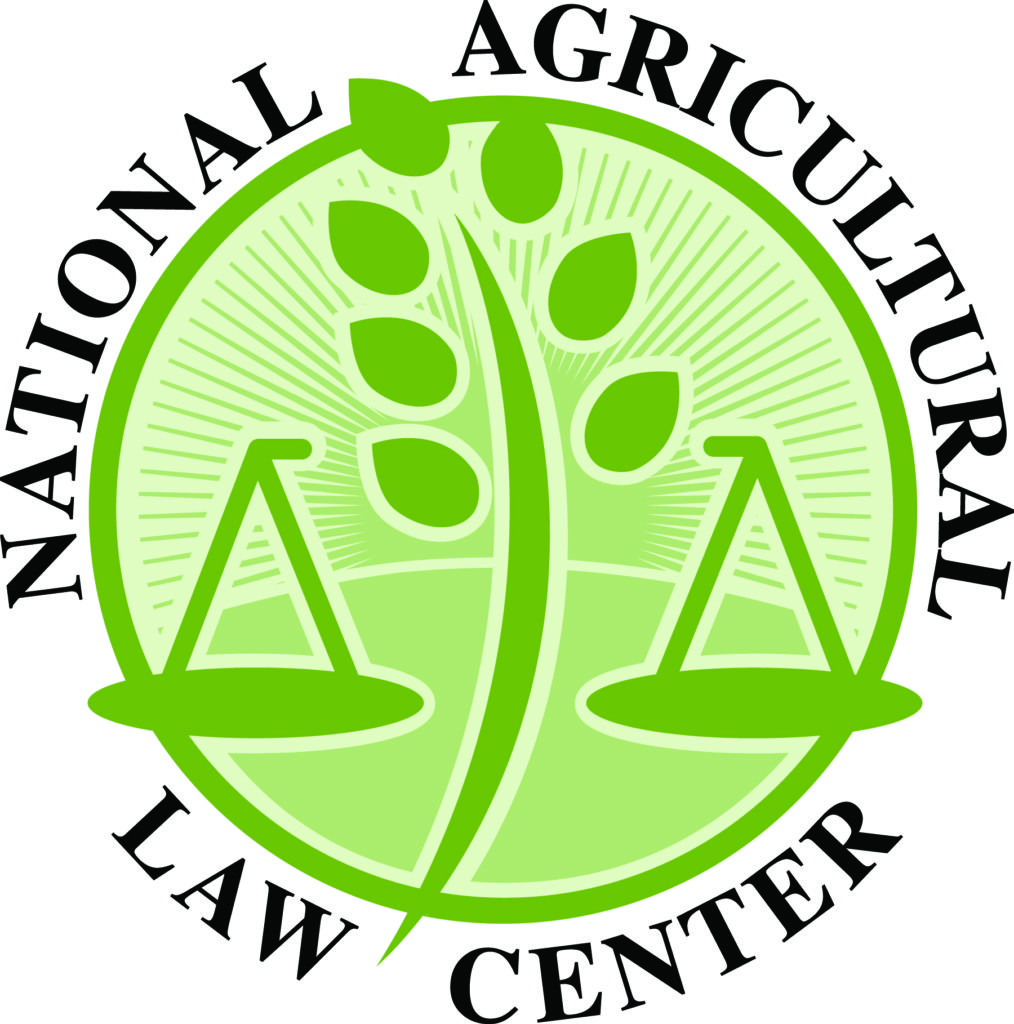JUDICIAL:
State v. Avella, No. 5D18-1407, 2019 WL 2552529 (Fla. Dist. Ct. App. June 21, 2019)
The State of Florida appeals the trial court’s order dismissing charges brought against Anthony Joseph Avella for practicing veterinary medicine without a license and for cruelty to animals. The charges arose out of Avella’s use of a homemade device in an attempt to treat a problem that his miniature dachshund, Thor, was having. Avella asserts that he attempted the treatment himself because he could not afford veterinary treatment. After Avella’s home-treatment injured the dog, he took Thor to a local veterinarian for professional treatment. The veterinarian insisted that the dog, who allegedly was in pain and may have had internal injuries, needed to go to an advanced care veterinary facility to treat the original condition and the home-treatment caused injury; however, Avella did not do so based on claimed lack of funds.1 We affirm dismissal of the charge that he was practicing veterinary medicine without a license, but reverse and remand so that the prosecution for the cruelty to animals charge may proceed beyond the pleadings stage. The appellant court found that the trial court erred in dismissing Count II; and remanded for further proceedings on the animal cruelty charge.
Struve v. Struve, No. 18-0316, 2019 WL 2552988 (Iowa June 21, 2019)
At the heart of this case is an intrafamily dispute regarding farmland. Dianne Lawrence, Paul Struve, and Ronald Struve, as substitute petitioners for their father George Struve, filed a petition for relief from elder abuse pursuant to Iowa Code chapter 235F (2016). In their petition, they alleged their brother Perry Struve and his son Clayton Struve committed elder abuse against George. Specifically, the substitute petitioners contended Perry and Clayton unduly influenced George to enter into below-market-rate lease agreements to farm George’s land, to gift some of George’s land to Perry and Clayton, and to write a new will to reflect the gifted land. The substitute petitioners sought relief for the loss associated with those transactions. The district court denied the petition with respect to the challenged transactions, concluding chapter 235F was a summary proceeding and the substitute petitioners failed to establish their father was a “vulnerable elder” subject to “financial exploitation” within the meaning of chapter 235F. The substitute petitioners timely filed this appeal. In sum, on de novo review, the court concludes the substitute petitioners failed to prove by a preponderance of the evidence that George was a vulnerable elder at the time of the challenged transactions.
SALINAS VALLEY PRODUCE, INC., Plaintiff, v. GOLDEN RULE PRODUCE, INC., et al., Defendants. Additional Party Names: Dimitrios Tsigaris, No. 19-CV-02692-BLF, 2019 WL 2548712 (N.D. Cal. June 20, 2019)
